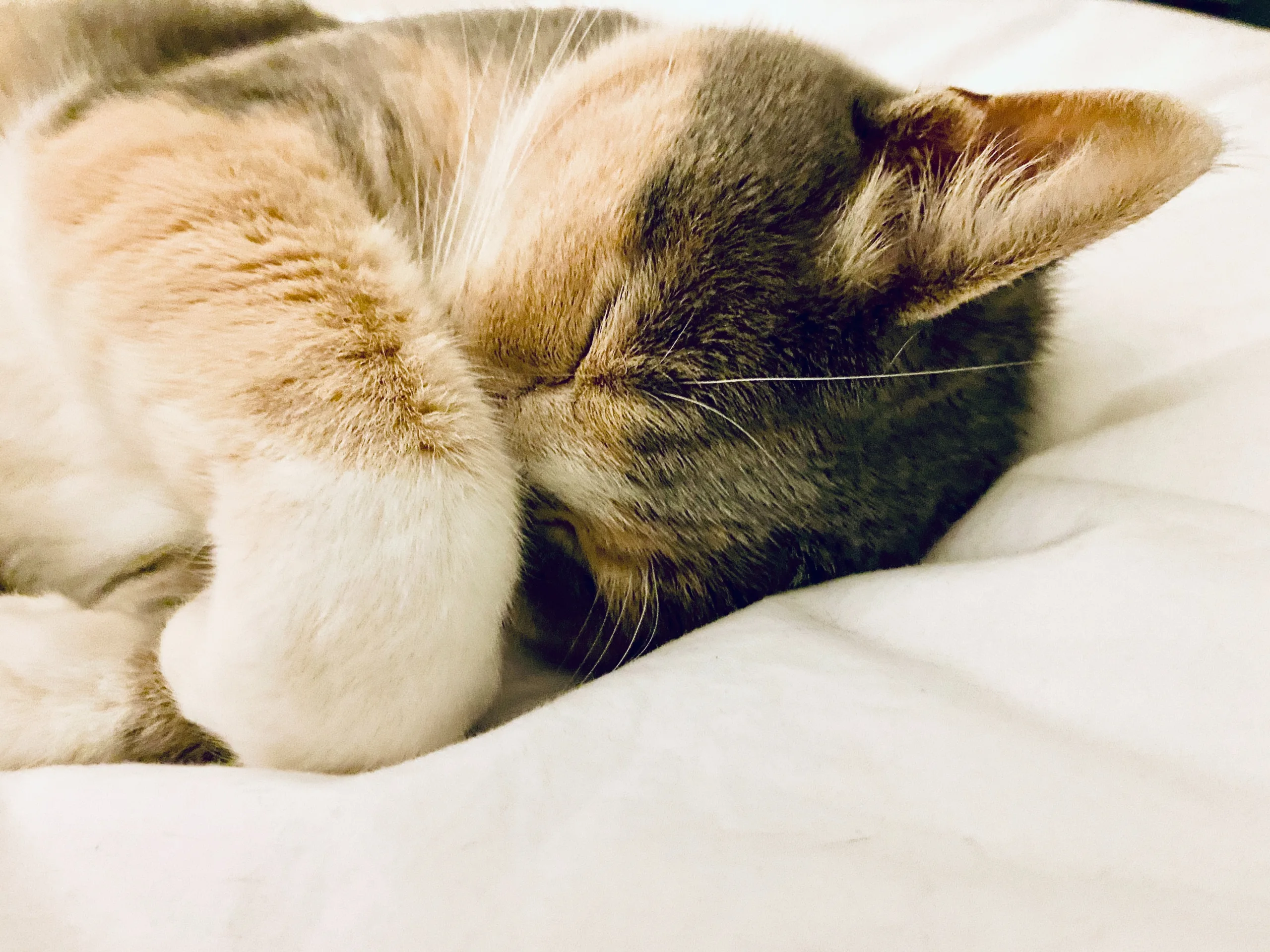Introduction
As responsible cat owners, ensuring the well-being and comfort of our feline companions is a top priority. When cats experience pain or discomfort, finding effective and safe treatments is crucial. One such medication gaining attention is Zorbium, known for its potential pain-relieving properties in cats. In this comprehensive article, we will delve into the world of Zorbium for cats, exploring its uses, possible side effects, and the age at which cats can safely use it. Let’s unlock the secrets of this medication and its implications for feline health.
For more about cats click here
What Does Zorbium Do for Cats?
Zorbium is a veterinary medication that has been developed to manage pain and provide relief for cats. It belongs to the class of drugs known as opioids, which are commonly used for pain management in both humans and animals.
Understanding Opioids in Veterinary Medicine
Opioids work by interacting with specific receptors in the brain and spinal cord, reducing the perception of pain and offering analgesic effects. Zorbium is believed to alleviate moderate to severe pain in cats, making it a potential option for managing various painful conditions.
Common Uses of Zorbium in Cats
Veterinarians may prescribe Zorbium for cats in the following situations:
- Post-Surgery: After surgical procedures, cats may experience pain during the recovery period. Zorbium can be administered to help manage pain and discomfort during this crucial healing phase.
- Chronic Pain Conditions: Cats suffering from chronic pain conditions, such as arthritis or other degenerative diseases, may benefit from Zorbium to improve their quality of life.
What Are the Side Effects of Zorbium Topical?
While Zorbium can be beneficial in managing pain, it is essential to be aware of potential side effects to ensure your cat’s safety and well-being. Like any medication, Zorbium may cause adverse reactions in some cats.
Common Side Effects
- Sedation: One of the most common side effects of Zorbium is sedation or drowsiness. Cats may appear lethargic or sleep more than usual after receiving the medication.
- Gastrointestinal Issues: Some cats may experience mild digestive upset, such as nausea or vomiting, as a side effect of Zorbium.
- Respiratory Depression: In rare cases or with incorrect dosing, Zorbium can cause respiratory depression in cats, leading to slowed breathing or difficulty breathing.
Consulting Your Veterinarian
If you notice any concerning side effects or changes in your cat’s behavior after administering Zorbium, it is crucial to consult your veterinarian immediately. Your vet can adjust the dosage or explore alternative pain management options based on your cat’s specific needs.
Is Zorbium Buprenorphine for Cats?
Zorbium is not buprenorphine, but rather it contains buprenorphine as its active ingredient. Buprenorphine is a well-known opioid analgesic that has been used in veterinary medicine to manage pain in cats for many years.
Advantages of Buprenorphine in Cats
Buprenorphine is favored for its relatively long-lasting effects in cats, providing pain relief for an extended period compared to some other pain medications. Its efficacy and safety profile make it a popular choice for post-surgery pain management and other painful conditions in cats.
How Old Does a Cat Have to Be for Zorbium?
The age at which a cat can safely receive Zorbium depends on several factors, including its overall health, weight, and the specific condition being treated. Zorbium should only be administered under the guidance and prescription of a licensed veterinarian.
Pediatric and Geriatric Cats
For kittens and elderly cats, extra caution must be exercised when using any medication, including Zorbium. Kittens’ immature systems may metabolize drugs differently, while geriatric cats may have underlying health issues that require special consideration.
Consulting Your Veterinarian
If you believe your cat requires pain management and Zorbium may be a suitable option, schedule an appointment with your veterinarian. Your vet will conduct a thorough examination and assess your cat’s medical history to determine the most appropriate and safe treatment plan.
FAQs
Q: Can I administer Zorbium to my cat without a prescription?
A: No, Zorbium is a prescription medication and should only be administered by a licensed veterinarian after a proper examination and diagnosis.
Q: Are there any over-the-counter alternatives to Zorbium for cats?
A: Over-the-counter pain medications intended for humans can be dangerous or even lethal to cats. Never give your cat any medication without specific instructions from your veterinarian.
Q: Can Zorbium cure the underlying cause of my cat’s pain?
A: Zorbium is not a cure for the underlying cause of pain in cats b. But is used to manage pain and provide relief while the cat’s body heals or manages the condition.
Q: Is Zorbium safe for long-term use in cats?
A: Long-term use of Zorbium should be discussed with your veterinarian, considering the specific condition and your cat’s overall health. In some cases, alternative pain management options may be explored for extended use.
Conclusion
Zorbium can be a valuable tool in managing pain and providing relief for cats experiencing discomfort. As a potent opioid analgesic, it should be used with caution and only under the guidance of a licensed veterinarian. Understanding its uses, potential side effects, and age considerations is essential for ensuring the safety and well-being of our beloved feline companions. Always prioritize your cat’s health and seek professional veterinary advice for any medical concerns.
Click here for more
